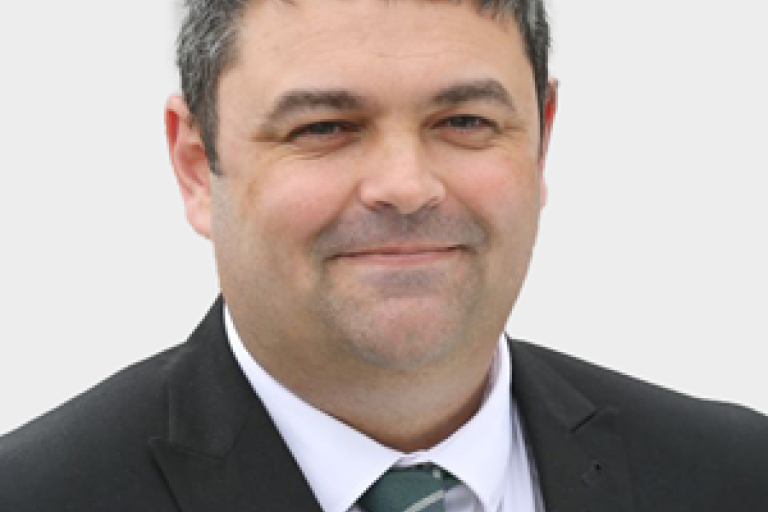In a £1.2m eight-year partnership with biotechnology leader Advetec, Comhairle Nan Eilean Siar will process 10 tonnes of domestic and commercial black bag waste into Solid Recovered Fuel (SRF) daily at its waste transfer site in Market Stance, Benbecula.
Powered by Advetec's cutting-edge XO22 digester, this initiative will cut the need for waste transportation from Uist and Barra in the Outer Hebrides to landfill in Stornoway on the Isle of Lewis - 93 miles away - by significantly reducing the volume of waste on ferries. This has been the only way to remove domestic and commercial waste for many years and marks a revolutionary shift for the Isles, as waste management transitions from costly, carbon-intensive practices to a highly efficient, climate-conscious approach that paves the way for greener and more affordable waste solutions.
The XO22 acts as a mechanical biological treatment plant in a box and accelerates the breakdown of organic matter using unique blends of bacteria. The process stabilises, reduces and repurposes non-recyclable waste that would otherwise be sent to landfill or for incineration, turning it into SRF. This highly sought-after fuel emits 95% less CO2e than fossil fuels and is helping some of the world’s most carbon-heavy industries reduce their reliance on traditional energy sources.
For every two tonnes of non-recyclable waste Comhairle Nan Eilean Siar puts through the XO22 machine, approximately 1 tonne of SRF is created and 1.2[1] tonnes of CO2e saved.
The new contract forms part of Comhairle Nan Eilean Siar's broader waste innovation strategy. The council is proactively preparing for Scotland’s upcoming 2026 ban on sending biodegradable waste to landfills, underscoring its commitment to future-proofing its environmental practices.
Cllr Paul Steele, Leader of Comhairle Nan Eilean Siar, said:

"This investment is hugely beneficial for the people of the Western Isles and our local environment. Our new approach reduces the number of trucks and ferries required to move waste around the isles and will transform it into a commodity. Converting this waste into fuel is a much more sustainable solution and allows us to extract greater value from something once deemed worthless. It also prepares us for the 2026 ban on biodegradable waste sent to landfills."
The 2026 biodegradable landfill ban is part of the government's drive to reduce landfill dependency, aiming to curb the environmental damage caused by burying waste in the ground; landfills release harmful methane - a potent greenhouse gas. This ban not only targets biodegradable waste but also sheds light on a much larger issue: significant amounts of potentially recyclable materials ending up in landfills because they're contaminated with organic residues, such as leftover food or liquid in containers. Advetec's biotechnology addresses this challenge directly, converting contaminated waste into a valuable fuel source, thus aligning with government goals to minimise landfill use and foster a circular economy.
Lee Knott, Chief Executive Officer at Advetec, said:
"40% of UK waste cannot be recycled. This waste is traditionally sent to landfill or for low-level incineration. However, increasing gate fees, waste-related taxes and restrictions mean these routes are no longer sustainable. Change is urgently needed."
"From our first meeting with Comhairle Nan Eilean Siar, they demonstrated a genuine appetite to embrace positive change and overhaul their waste habits. Their investment in biotechnology provides them with the means to process waste themselves, save money, reduce road and water miles, protect local communities, and turn rubbish into fuel that will help other industries decarbonise more quickly. It presents a vast set of wins."
"We have had a resounding response to our biotechnology because waste producers and handlers urgently need to innovate, stabilise costs and focus on carbon reduction. Comhairle Nan Eilean Siar is the first council to harness innovation in this way, and we expect more to follow suit quickly."
Comhairle Nan Eilean Siar is expected to take delivery of its XO22 digestor early next year, ushering in a new era of sustainable waste processing that sets a trailblazing example for other councils and communities across the UK.
[1] Compared to using fossil fuel for energy production